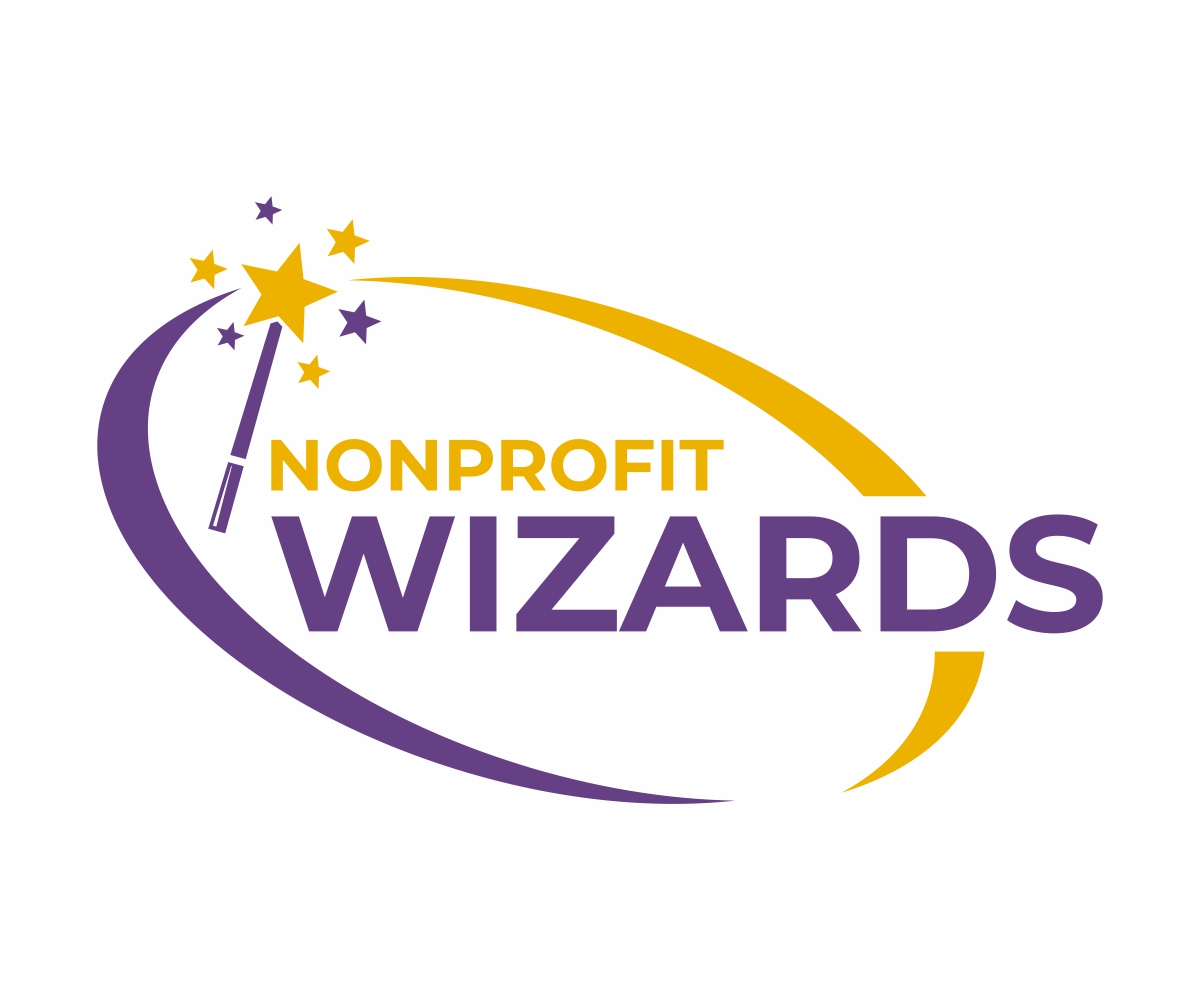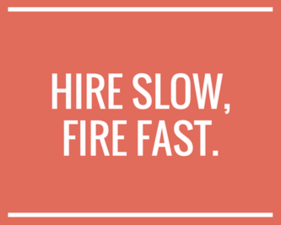***ESTIMATED READING TIME: about 5 minutes***
Recently I’ve been practicing juggling.
I’ve always wanted to know how to juggle. I tried it a few years ago, but I didn’t have a system for practicing… and gave up.
My wife bought me juggling balls for Christmas and it re-ignited my interest.
I’ve been practicing for awhile and I’m getting better. But, by no means can you classify what I’m currently doing as “juggling.” It’s more like “a short sequence of throws with many drops.”
Could I get a job as a juggler?
Even though I can’t juggle, I wonder if I could get a job as a juggler.
In Patrick Lencioni’s excellent book The Advantage: Why Organizational Health Trumps Everything Else in Business, he derides the standard way organizations go about hiring people.
He points out that the process of job ads, cover letters, interviewing, and reference checking doesn’t really provide much insight into whether the person is capable of the technical parts of the job. And it certainly doesn’t give much insight into culture fit.
In fact, the standard process really only proves a few things:
- The successful candidate is skilled at writing resumes and cover letters (or is skilled at finding a talented person to do it for him/her).
- The successful candidate is skilled at interviewing. And,
- The successful candidate is capable of finding three non-relatives to say nice things about him/her.
My fake juggling job hunt
The following scenario is entirely made up. But it could conceivably happen.
FIRST, I see a post on Indeed.com: “The Fun Company is looking for a people-oriented idividual to join our staff in the position of Juggler. This position provides excellent pay and benefits. Applicants should send a cover letter, resume, and three professional references. Position open until filled.”
NEXT, I revise my resume to highlight my juggling capabilities. Since I don’t have many, I include anything even remotely relevant to juggling. I also pen a cover letter that speaks to my passion for juggling and my eagerness to juggle for Fun Company.
NEXT, is the interview. I’m a pretty good interviewer. I work to establish rapport and effortlessly answer questions such as:
- “Tell us your philosophy on juggling.”
- “What is the most challenging juggling situation you’ve ever found yourself in and how did you handle it?”
- “How well do you get along with your fellow jugglers?”
I nail the interview.
NEXT, the interviewer calls my references. All of these people attest to my character. They speak of my punctuality. They endorse my professionalism.
FINALLY, I get the job.
Notice anything missing here?
No one ever asked me to ACTUALLY juggle for them
Never in this story was I asked to actually juggle. Nobody threw a set of juggling balls at me and said, “let’s see you do your thing.”
Granted, this story is ridiculous. This could never happen in your organization.
Or could it?
“Hire Slow and Fire Fast” makes for a great Twitter meme, but it breaks down in the real world.
You know, when your team is shorthanded.
AND you’re doing everything you can to keep all the balls in the air (hee, hee…see what I did there).
AND it’s been this way for almost 3 months now.
AND your team, who’ve stepped up like champions to shoulder the extra load, is getting frayed.
You see, with all this pressure you can start to feel desperate just to get a body in the door.
Guess what? Desperate people make mistakes. I know I have.
I’ve cut corners. I’ve missed troubling signs which were, in hindsight, obvious. I’ve minimized weaknesses. I’ve been seduced by charisma. I’ve ignored my gut feeling.
I’ve even forgotten to ask critical questions.
Questions like: “Could you demonstrate your juggling skills for me right now?”
Don’t be afraid to be creative
I’ll borrow from Lencioni here:
Because the purpose of an interview should be to best simulate a situation that will give evaluators the most accurate view of how a candidate really behaves, it seems to me that getting them out of the office and doing something slightly more natural and unconventional would be a better idea. Heck, even taking a walk or going shopping is better than sitting behind a desk. The key is to do something that provides evaluators with a real sense of whether the person is going to thrive in the culture of the organization and whether other people are going to enjoy working with him or her.
That’s it: don’t be afraid to be a bit unconventional.
If you’re hiring a Development Officer, set up a mock solicitation with one of your board members. Trust me–as a former Development Officer–being able to deal with the unexpected, respond to adversity, and think on your feet are ESSENTIAL TRAITS for an effective Development Officer.
Hiring a receptionist? Have them answer the phone a few times. Complete a task or two with the normal–i.e. unrelenting–interruptions.
Hiring a Director of Marketing? Bring in a couple of senior staff members with you and have the candidate facilitate a marketing brainstorming session.
You can be perfectly honest with the candidate about what you’re doing. No need to be sneaky or underhanded.
In other words, throw them a bunch of balls and see if they can actually juggle. You know…like they say they can.
Will you offend some people with this approach?
Possibly.
But better to find out the candidate is easily offended or easily rattled now than five months into their new job.
What do you think?
Do you have some great tricks for finding talented people? Got a story of a time you went “against the grain” to hire someone?
I’d love to hear your thoughts! Email me or hop over to the Nonprofit Wizards Facebook page and leave a comment!
Now, if you don’t mind, I’ll get back to my juggling practice. I really want to impress my new boss.
Darren Macfee is the founder of the Nonprofit Wizards. He studies the habits and practices of wizards and then shares those with the world. He also strives to be a little better every day–as a husband, as a dad, and as a business professional.


The Advantage: Why Organizational Health Trumps Everything Else in Business by Patrick Lencioni

Now, Discover Your Strengths by Marcus Buckingham and Donald O. Clifton
 StrenthsFinder 2.0 by Tom Rath
StrenthsFinder 2.0 by Tom Rath

Good to Great: Why Some Companies Make the Leap…And Others Don’t by Jim Collins

Magnetic: The Art and Science of Engagement by Anne Bergeron and Beth Tuttle

Managing to Change the World: The Nonprofit Manager’s Guide to Getting Results by Alison Green and Jerry Hauser
Any link on this site should be assumed to be an affiliate link. If you’re not sure why you should care click here. You’ll also learn how you can help feed the children.


